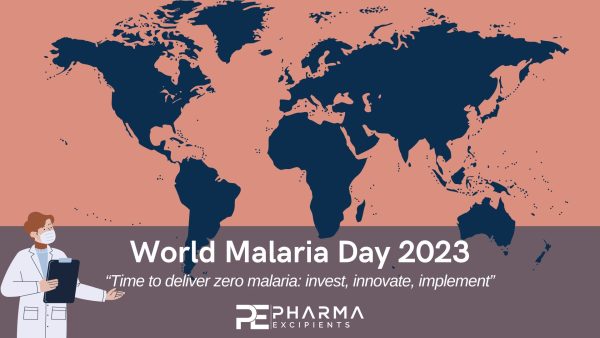Each year on 25th April.
World Malaria Day, marked each year on 25 April, is an occasion to highlight the global efforts to end malaria and the need for sustained political commitment and continued investment for malaria control and elimination. Through its 2023 theme of “Time to deliver zero malaria: invest, innovate, implement”.
World Malaria Day 2023 challenges:
- The Western Pacific still faces challenges on the way to eliminate the diverse malaria diseases.
- The disease often concentrated in remote areas and hard-to-reach populations, including forest goers, migrants, indigenous people, military and refugees.
- Plasmodium falciparum accounts for more than 70% of malaria deaths in the region, often due to delayed treatment.
- Reaching remote populations (e.g. in Papua New Guinea and Solomon Islands) with malaria prevention, diagnosis and treatment is a critical strategy for achieving global malaria targets and delivering on the promise of “zero malaria.”
- WHO is working with the Western Pacific regions to implement intensification strategies, including targeted drug administration, fever screening and treatment, and rapid response to all malaria cases.
- Step up innovation: No single tool that is available today will solve the problem of malaria. Add your voice to those calling for investments that bring new vector control approaches, diagnostics, antimalarial medicines and other tools to speed the pace of progress against malaria.
- Expand access to the tools we have now: There is an urgent need to make more effective use of currently available tools for the prevention, diagnosis and treatment of malaria, particularly in countries hardest hit by malaria.
- Expand the use of RTS,S – the first malaria vaccine: WHO recommends expanded use of the vaccine among children living in areas with moderate and high malaria transmission. If implemented broadly, the vaccine could save tens of thousands of lives each year
- Strengthen country ownership: Government stewardship of malaria responses is essential, together with the engagement and participation of affected communities.
- Ensure resilient and equitable health systems: Progress against malaria depends on strong health systems that are adequately funded and equipped to deliver quality health care to all.
- Tailor responses to the local setting: WHO’s updated malaria strategy emphasizes the need for carefully tailored prevention, diagnostic and treatment approaches, informed by local data and disease patterns.
Download the Malaria strategy 2016 – 2030 here: GLOBAL TECHNICAL STRATEGY MALARIA 2016 to 2030
Date: each year on 25th April Location: worldwide For more information and detailed program visit the website.General Information
Published in GI-Mail 04/2023 (English edition).
- Do you already know our monthly newsletter GI-Mail with useful tips on postgraduate courses?
Sign up here. - Are you looking for vacancies or new career challenges? Here you will find the latest vacancies and job offers.
- Do you already know our monthly job-information GI-Jobs with current job offers for doctors, managers and nurses? Sign up here.
- Are you interested in up to date postgraduate courses and CME? In our education database »medicine & health« you will find new education events from over 2300 organizers.


